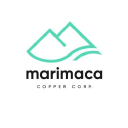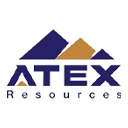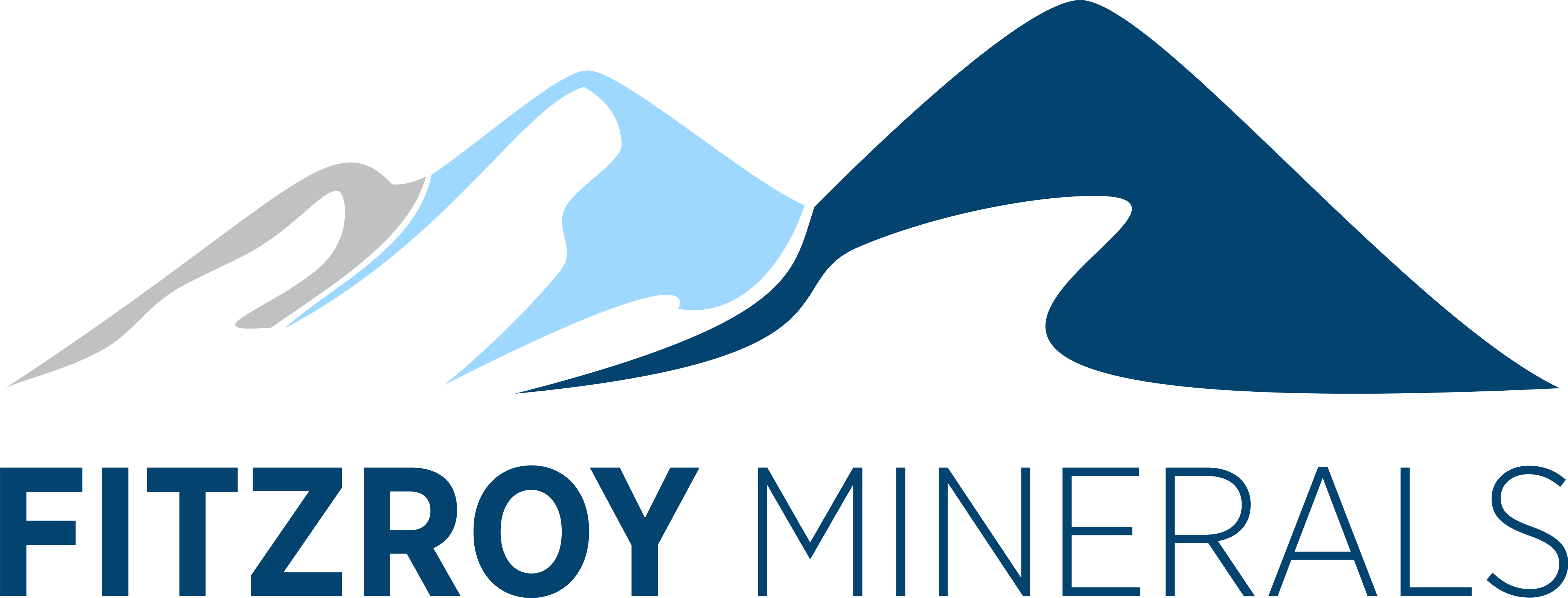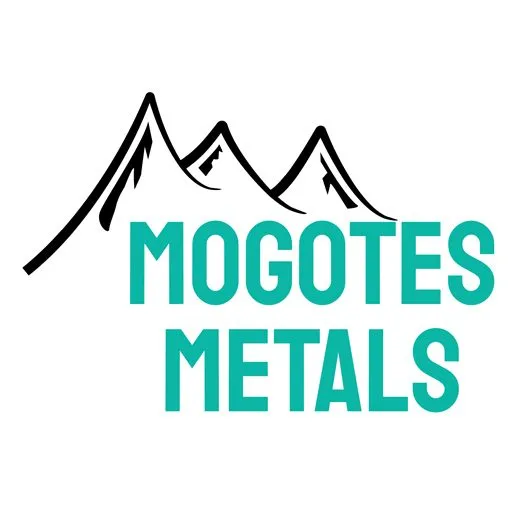Chile's Mining Permitting Revolution: A Game-Changer for Investors & Critical Mineral Supply

Chile's new law cuts mining permit times by 30-70%, boosting investment opportunities for copper companies and accelerating critical mineral supply.
- Chile's new Framework Law for Sectoral Authorizations represents a transformative reform that slashes mining permit processing times by 30-70%, creating unprecedented opportunities for mining companies and investors
- This legislation addresses critical bottlenecks that previously extended approval timelines to 24-36 months, positioning Chilean projects as more competitive globally and providing a strategic advantage
- The faster permitting process will accelerate copper production in the world's largest copper-producing country, helping meet surging global demand for critical minerals driven by electrification and decarbonization efforts
- The new SUPER platform introduces digital innovation by creating a one-stop digital shop for permit processing with end-to-end tracking, improving transparency and coordination across government agencies
- Companies including Marimaca Copper, ATEX Resources, Rio2, Fitzroy Minerals, Hot Chili, Camino Corp, and Mogotes Metals are strategically positioned to benefit from accelerated project development and improved returns, presenting a significant investment opportunity
Chile has made a groundbreaking move that promises to transform its mining sector and accelerate the global transition to clean energy. Last week, Chilean lawmakers passed the Framework Law for Sectoral Authorizations (LMAS), a revolutionary piece of legislation that will slash mining permit processing times by 30% to 70%. This historic reform represents a seismic shift for the world's largest copper producer and creates unprecedented opportunities for mining companies and investors operating in this critical minerals powerhouse.
The legislation, which passed with overwhelming support (93 votes in favor, 27 against, and 17 abstentions), now awaits the president's signature to become law. The reforms will modernize over 40 regulations across various sectors while establishing SUPER, a digital one-stop shop for centralized permit processing that provides end-to-end tracking and enhanced agency coordination.
A Strategic Advantage for Forward-Thinking Companies
This regulatory transformation creates a compelling competitive advantage for mining companies with Chilean operations, particularly those focused on copper and other critical minerals essential for electrification and decarbonization. The timing couldn't be more perfect, as global demand for copper is expected to surge in the coming decades due to renewable energy infrastructure, electric vehicles, and grid modernization projects.
Companies like Marimaca Copper and ATEX Resources, which have been navigating Chile's complex permitting landscape, now stand to benefit from dramatically reduced regulatory bottlenecks. The streamlined processes will enable these companies to advance their copper projects more efficiently in one of the world's premier copper jurisdictions, accelerating project development timelines and improving return on investment metrics for shareholders.
Industry Perspectives: Optimism Tempered with Realism
While the mining industry has largely welcomed these reforms, perspectives on their implementation vary. Alex Black, Executive Chairman of Rio2, offers a measured assessment:
"Although Chile has made a positive step forward in attempting to expedite and streamline its mining permitting process, the jury is still out as to whether future project permitting timelines will actually be reduced. More importantly, the initiative has clearly demonstrated that the advancement of the Chilean mining industry is clearly a priority for government authorities and bodes well for increasing future mining investment in the country."
This balanced view reflects broader industry sentiment that recognizes both the reform's potential and the importance of successful implementation. The legislative achievement itself sends a strong signal about Chile's commitment to maintaining its competitive position in global mining markets.
Hot Chili, which has already received project of national priority status from the Chilean Ministry of Finance, exemplifies how these reforms provide additional momentum for companies in Chile's pipeline. As President & CEO Christian Easterday emphasized:
"It is a very positive step for Chile, and one which looks to add further confidence to our projects' (Costa Fuego and Huasco Water) final permitting approval process - following our designation as a project of national priority status with the Chilean Ministry of Finance."
Transformative Impact on Investment Landscape
The permitting reforms address a critical pain point that has historically hindered investment in Chilean mining projects. Previously, Chile's Environmental Assessment Service (SEA) averaged 24-36 months for mine approvals, significantly longer than the 12-18 months typical in mining jurisdictions like Canada. This extended timeline created a critical mismatch between approval processes and market demands, essentially acting as a brake on investment and project development.
The broader significance of these reforms extends beyond individual projects to Chile's economic development strategy. José Ignacio, Executive Vice President of Hot Chili, highlighted the legislation's alignment with national priorities:
"This law - passed with a strong majority in Congress, supported across the political spectrum, and championed by the President and the Ministry of Economy - demonstrates just how committed and united Chile is in moving forward. It aims to accelerate large-scale projects like Hot Chili's Costa Fuego, which will create hundreds of jobs and deliver significant benefits to local communities.”
The new framework eliminates this competitive disadvantage and positions Chile as an even more attractive destination for mining investment. For investors and companies like Camino Corp and Mogotes Metals, this translates to:
- Accelerated Returns: Faster permitting means shorter development timelines, enabling companies to generate revenue sooner and improve internal rates of return
- Reduced Risk: Streamlined processes with digital tracking reduce regulatory uncertainty and provide greater visibility into project timelines
- Enhanced Competitiveness: Chilean projects become more attractive relative to opportunities in other jurisdictions with slower approval processes
- Improved Capital Efficiency: Shorter development cycles mean less capital tied up in pre-production phases
Meeting Critical Mineral Demand in a Decarbonizing World
The timing of these reforms is particularly strategic as the world faces an impending shortage of critical minerals essential for the energy transition. Copper demand is projected to double by 2030 due to renewable energy infrastructure, electric vehicles, and grid modernization. Chile, which accounts for approximately 23.6% of worldwide copper production, is uniquely positioned to help bridge this supply gap.
Fitzroy Minerals is particularly well-positioned to leverage these changes in the context of growing global demand. As President & CEO Merlin Marr-Johnson stated:
"The streamlining of Chile's permitting processes for mining projects is a positive development across the board. It supports economic growth in Chile, provides greater clarity and efficiency for mining companies, and - most importantly - accelerates the supply of copper, which is essential to any serious effort to decarbonise our global economy. Copper is the backbone of electrification, and faster project delivery helps meet the urgent demand for critical minerals."
Government projections suggest Chile's copper market share could grow to 27.3% by 2034, further cementing its status as the world's top copper producer. The permitting reforms will be instrumental in achieving this growth, enabling faster development of new mines and expansion of existing operations.
The northern Antofagasta region, a key mining hub, is expected to benefit particularly from these changes. The region hosts numerous world-class copper deposits, and faster permitting will unlock their development potential more rapidly.
Digital Innovation Drives Efficiency
The creation of SUPER, the digital one-stop shop for permit processing, represents a technological leap forward in mining regulation. This platform will provide end-to-end tracking capabilities, better agency coordination, and transparent timelines for all stakeholders. The digitization of the permitting process eliminates many traditional bottlenecks while maintaining rigorous environmental and regulatory standards.
For companies navigating multiple projects or phased development approaches, this enhanced transparency and coordination will prove invaluable. Mining companies can now better plan their capital deployment strategies with greater visibility into regulatory timelines, enabling more efficient project sequencing and resource allocation.
The reforms are particularly significant for companies with advanced-stage projects ready to move through the permitting pipeline. Ben Pullinger, President & CEO of ATEX Resources, captured this sentiment:
"Chile's streamlined permitting process, with timelines now reduced by 30% to 70%, is an impactful step forward for ATEX and the Valeriano Project. These reforms come at a pivotal time, allowing us to accelerate project advancement with strong government support. This regulatory shift enhances the investment appeal of both Valeriano and Chile, reaffirming the country's status as a top-tier destination for mining and exploration capital."
Economy Minister Nicolas Grau emphasized this balance:
"We always said that it was possible to improve times and modernize and streamline processes in a sustained way, without lowering regulatory standards, and that is what has been achieved today."
Strategic Implications for Global Markets
Chile's permitting revolution extends beyond national borders, offering strategic advantages for global supply chains and international investors. As companies worldwide seek to secure reliable sources of critical minerals, Chile's enhanced regulatory efficiency makes it an even more attractive partner for long-term supply agreements and strategic investments.
The reforms position Chile as a forward-thinking jurisdiction that recognizes the urgency of the global energy transition. Allen Sabet, CEO of Mogotes Metals, highlighted this strategic vision:
"Chile understands the importance of moving fast to create value for its entire country. Soon all countries will adopt such forward looking measures."
This perspective underscores how Chile's proactive approach may serve as a model for other mining jurisdictions seeking to balance regulatory rigor with economic competitiveness. The reforms also position Chile to capture a larger share of the growing global demand for responsibly sourced minerals. As ESG considerations become increasingly important for investors and end-users, Chile's commitment to maintaining high environmental standards while improving efficiency creates a compelling value proposition for companies focused on sustainable mining practices.
Conclusion: A New Era of Opportunity
Chile's historic permitting reform represents more than regulatory improvement - it's a strategic repositioning that will accelerate the country's role in the global energy transition while creating substantial value for investors and mining companies. The legislation addresses longstanding industry concerns while maintaining Chile's commitment to environmental stewardship and regulatory excellence.
For companies like Marimaca Copper, ATEX Resources, Fitzroy Minerals, Hot Chili, Camino Corp, and Mogotes Metals, these changes represent a fundamental shift in the operating environment that will enhance project economics, reduce development risks, and accelerate time-to-market for critical mineral projects.
As the world races to decarbonize and meet growing demand for copper and other critical minerals, Chile's permitting revolution positions the country - and the companies operating within it - at the forefront of this transformation. The combination of world-class mineral resources, enhanced regulatory efficiency, and strong institutional frameworks creates an unprecedented opportunity for investors seeking exposure to the critical minerals sector.
The message is clear: Chile is not just maintaining its position as a mining powerhouse, it's actively strengthening its competitive advantages to meet the challenges and opportunities of the 21st century economy. For investors and mining companies, the time to capitalize on these strategic advantages is now.
Analyst's Notes




Subscribe to Our Channel
Stay Informed



















